15 years one-stop China custom CNC machining parts factory

Hey there I’m VMT Sam!
With 25 years of CNC machining experience we are committed to helping clients overcome 10000 complex part-processing challenges all to contribute to a better life through intelligent manufacturing. Contact us now
 156 |
Published by VMT at Oct 28 2023
156 |
Published by VMT at Oct 28 2023
Estimating and Optimizing Aluminum CNC Parts Manufacturing Costs
Producing high-quality aluminum CNC parts is essential, but cost considerations are equally important. To estimate and optimize the manufacturing costs of aluminum CNC parts, you need a systematic approach. In this article, we'll explore the key steps to help you manage costs effectively.
1. Material Selection: The choice of aluminum alloy significantly impacts costs. Consider factors such as strength, corrosion resistance, and machinability to select the most cost-effective option for your specific application.
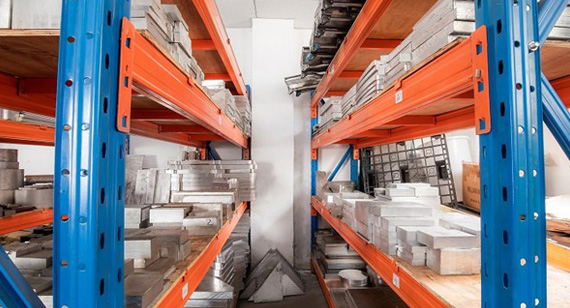
2. Design for Manufacturing (DFM): Collaborate with your design team to create parts that are optimized for CNC machining. Minimize complex features and tight tolerances, as they can increase machining time and costs.
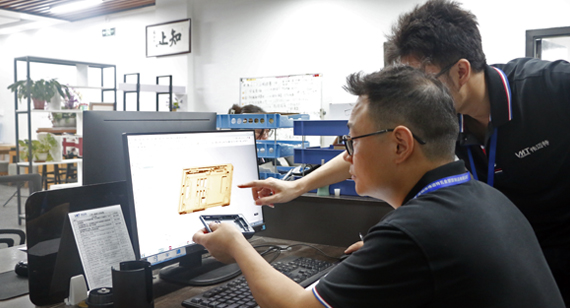
3. Part Complexity: The intricacy of your design influences machining time and costs. Simplifying complex geometries and reducing the number of setups can lead to significant cost savings.
4. Toolpath Efficiency: Efficient toolpath planning minimizes machining time and tool wear. Utilize CAM software to optimize toolpaths and reduce unnecessary movements.
5. CNC Machine Selection: Choose the right CNC machine for the job. Smaller parts may be more cost-effective on compact machines, while larger components require machines with the necessary capacity.
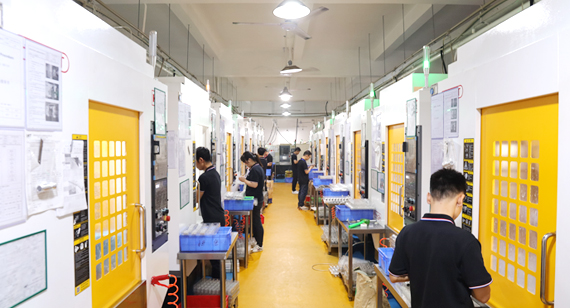
6. Cutting Tools: Select high-quality cutting tools and inserts to reduce tool wear and maintain precise tolerances. Well-maintained tools last longer and decrease overall costs.
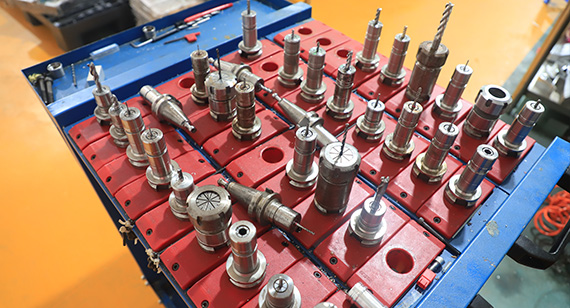
7. Tool Changes: Minimize tool changes during machining by using tools capable of handling multiple operations. Reducing changeovers enhances efficiency.
8. Workholding Solutions: Invest in efficient workholding devices to securely clamp parts. A stable workpiece reduces the risk of rework and scrap.
9. Quality Control: Implement in-process quality checks to identify issues early, reducing the need for rework. This prevents wasted time and materials.
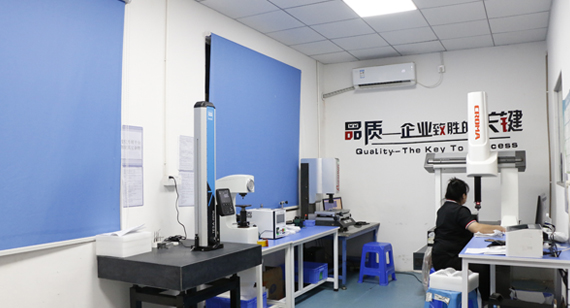
10. Post-Machining Processes: Consider whether secondary processes like deburring, surface finishing, or assembly are required. These add to the overall cost but may be necessary for your application.
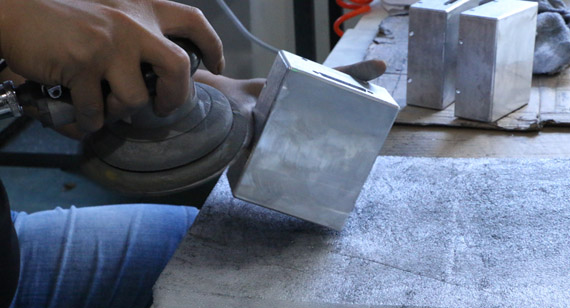
11. Waste Reduction: Minimize material wastage by optimizing the material stock size and shape. Reducing scrap directly contributes to cost savings.
12. Batch Size: Economies of scale often apply to CNC machining. Larger production runs can spread fixed costs over more parts, reducing the cost per piece.
13. Supplier Selection: If outsourcing, choose a reliable CNC machining supplier partner. A reputable supplier can provide cost-effective solutions and valuable expertise.
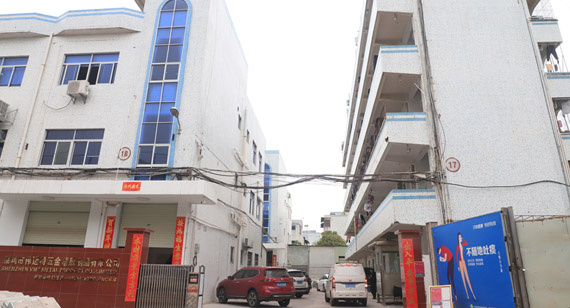
14. Continuous Improvement: Regularly review and optimize your manufacturing processes. Identifying and addressing inefficiencies leads to ongoing cost reductions.
15. Real-Time Monitoring: Implement real-time monitoring systems to track machining processes. These systems can detect anomalies, reducing the likelihood of errors and rework.
16. Cost-Benefit Analysis: Regularly perform cost-benefit analyses to identify areas where investments can lead to long-term savings, such as tooling upgrades or process improvements.
By applying these strategies, you can estimate and optimize the manufacturing costs of aluminum CNC parts effectively. Keep in mind that cost optimization is an ongoing process, and by continually seeking improvements, you can maintain competitive pricing while delivering top-quality parts.
In summary, to estimate and optimize the manufacturing costs of aluminum CNC parts, you should focus on material selection, design for manufacturing, part complexity, toolpath efficiency, and machine selection. Additionally, consider cutting tools, workholding solutions, quality control, and post-machining operations. Batch size, supplier selection, and continuous improvement are also key factors in cost management.
Ready To Start Your Next Project?
Get Instant Quote

Request a Free Quote
Send us a message if you have any questions or request a quote. We will get back to you ASAP!